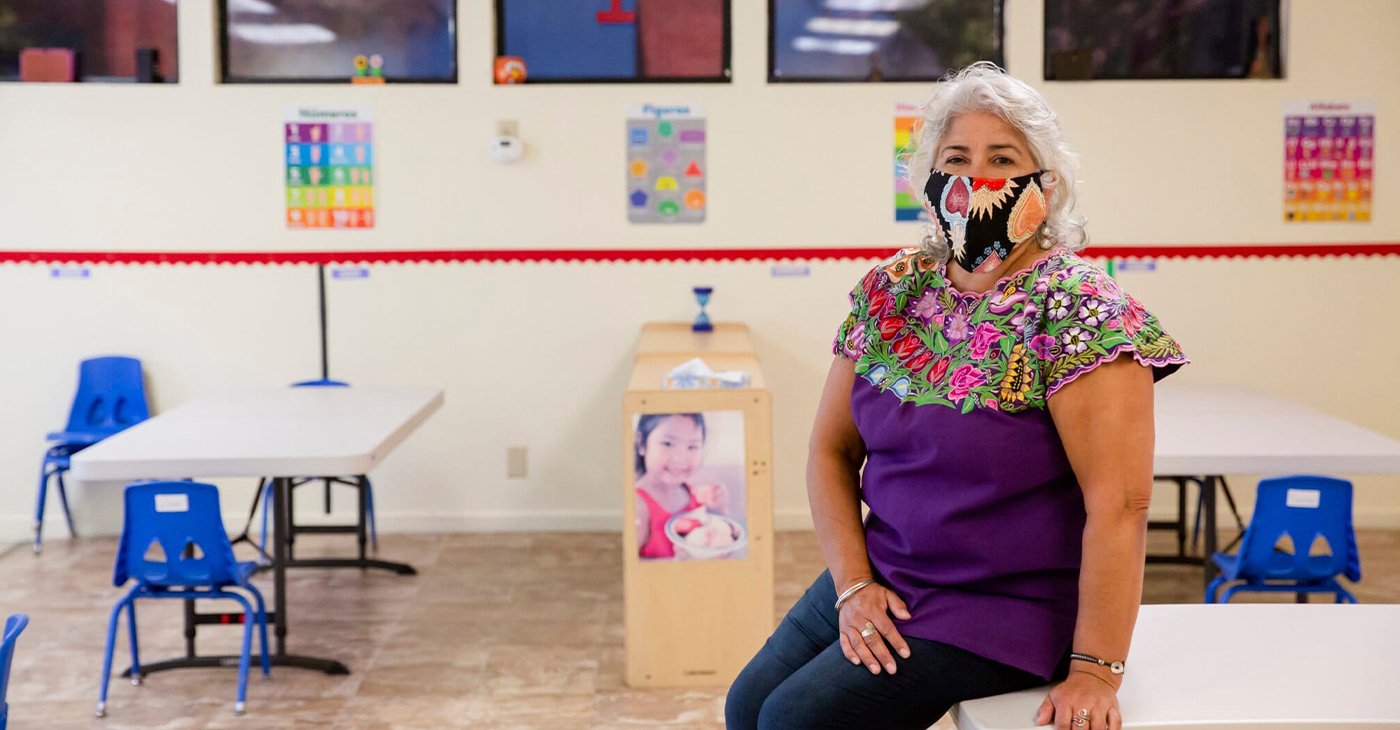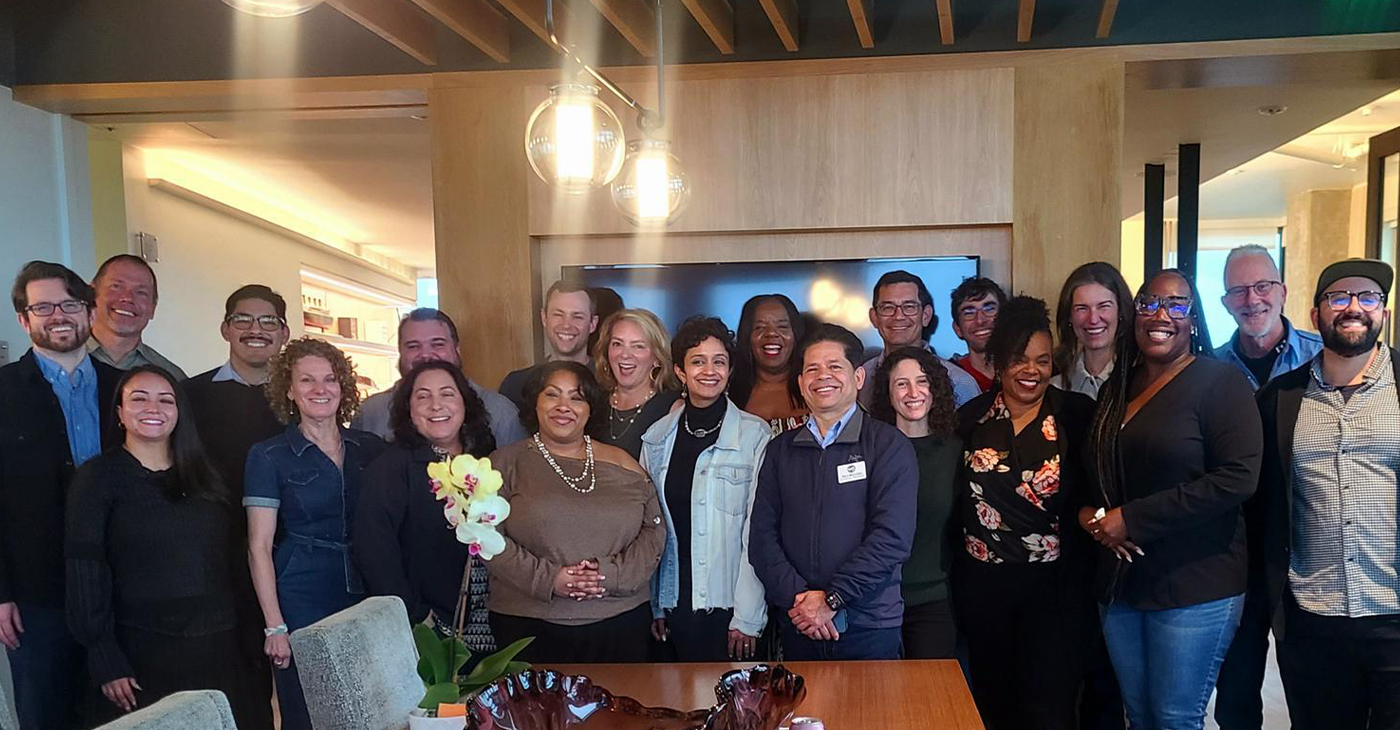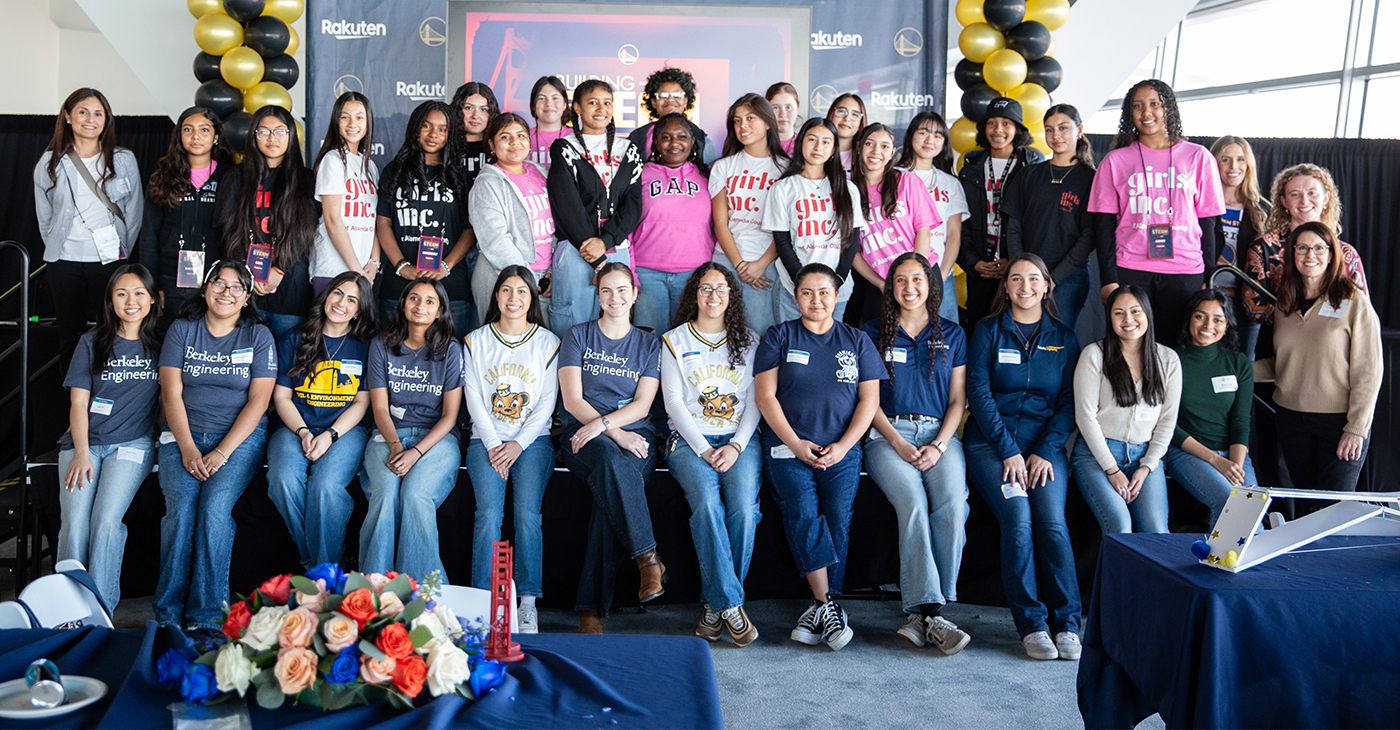Education
OP-ED: Michelle Obama’s Deeply Moving Words
Last month at the graduation ceremony of Tuskegee University, a historically Black college, First Lady Michelle Obama spoke candidly about the racial barriers facing African Americans and encouraged them to overcome continuing discrimination by staying “true to the most real, most sincere, most authentic parts of yourselves.”
People, she said, “will make assumptions about who they think you are based on their limited notion of the world.” She and her husband have “felt the sting of those daily slights throughout our entire lives.”
But “those feelings are not an excuse to just throw up our hands and give up.…They are not an excuse to lose hope.”
Michelle’s comments were deeply moving because they came from her lived experience. Today, two of three Americans have a favorable opinion of her; she is far more popular than her husband.
She’s hailed as a fashion icon for her stylish mixing of designer with off-the-rack clothes. She’s confident enough even to release a video of her exercise routine featuring kickboxing and lifting weights.
Her campaign for obesity and for healthy living has helped transform school lunches and vending machines across the country.
But it wasn’t always this way. She was raised in the South Shore community in Chicago. Her father, a municipal worker, was diagnosed with multiple sclerosis as a young man. Her mother and father surrounded their two children with love, with high expectations in hard conditions.
This month in Chicago, Michelle gave another commencement address, to graduates of Martin Luther King Jr. Preparatory High School, and spoke to students from experience: “I know the struggles many of you face.
How you walk the long way home to avoid the gangs. How you fight to concentrate on your homework when there’s too much noise at home. How you keep it together when your families are having hard times making ends meet.”
Michelle flourished in school, and went on to Princeton, where she felt virtually like an alien in a school filled with the children of privilege, where only 8 percent of the student body was African American. Yet she graduated with honors and went on to earn her law degree at Harvard Law School.
After experience in a corporate firm, she turned her energy to more public-spirited work, eventually as a vice president for external affairs at the University of Chicago Hospital, creating bridges to the surrounding community where she had been raised.
But as Barack Obama’s comet rose in 2008, Michelle became the target of harsh criticism. She was burlesqued as “Mrs. Grievance” or “Barack’s bitter half.” The fist bump she gave Barack when he clinched the Democratic nomination was called a “terrorist fist jab.”
She was accused of exhibiting a “little bit of uppityism.”
As she told the graduating class at Tuskegee, “as potentially the first African-American first lady, I was also the focus of another set of questions and speculations; conversations sometimes rooted in the fears and misperceptions of others. Was I too loud, or too angry, or too emasculating? Or was I too soft, too much of a mom, not enough of a career woman?”
But she made her way. She focused her political energy on fighting obesity, a plague across America, disproportionately afflicting African Americans and Latinos.
She made healthful eating and exercise more popular, while mobilizing public pressure on food and beverage companies to cut the sugar and change the offerings in school lunches and vending machines.
Her work on issues military families face, particularly the pressures they feel not only when deployed but after they come home, helped thousands find decent work.
Perhaps her biggest triumph was her biggest priority — raising her children in the White House. Her mother moved in to provide an anchor. The president came back at 6:30 to eat with this family, attended school events and athletic practices like a regular parent.
Their tight and loving family has been an exemplary model for families across the country. And today, the vast majority of Americans have respect and affection for the first lady who made this happen.
Michelle Obama has said she has no intention of running for political office when she leaves the White House. But the interest in her running never subsides.
If she decides to run, she would be the odds-on favorite, particularly for the Illinois Senate seat now held by Mark Kirk, whose most recent infamy was his attempt to use “street language,” degrading Sen. Lindsey Graham and the South Side of Chicago.
As Barack Obama’s presidency heads into its final years, one thing is clear. Michelle Obama’s grace, intelligence and discipline have served her family, her husband and the nation well.
Bay Area
Five Years After COVID-19 Began, a Struggling Child Care Workforce Faces New Threats
Five years ago, as COVID-19 lockdowns and school closures began, most early educators continued to work in person, risking their own health and that of their families. “Early educators were called essential, but they weren’t provided with the personal protective equipment they needed to stay safe,” said CSCCE Executive Director Lea Austin. “There were no special shopping hours or ways for them to access safety materials in those early and scary months of the pandemic, leaving them to compete with other shoppers. One state even advised them to wear trash bags if they couldn’t find PPE.”

UC Berkeley News
In the first eight months of the COVID-19 pandemic alone, 166,000 childcare jobs were lost across the nation. Significant recovery didn’t begin until the advent of American Rescue Plan Act (ARPA) Child Care Stabilization funds in April 2021.
Today, child care employment is back to slightly above pre-pandemic levels, but job growth has remained sluggish at 1.4% since ARPA funding allocations ended in October 2023, according to analysis by the Center for the Study of Child Care Employment (CSCCE) at UC Berkeley. In the last six months, childcare employment has hovered around 1.1 million.
Yet more than two million American parents report job changes due to problems accessing child care. Why does the childcare sector continue to face a workforce crisis that has predated the pandemic? Inadequate compensation drives high turnover rates and workforce shortages that predate the pandemic. Early childhood educators are skilled professionals; many have more than 15 years of experience and a college degree, but their compensation does not reflect their expertise. The national median hourly wage is $13.07, and only a small proportion of early educators receive benefits.
And now a new round of challenges is about to hit childcare. The low wages paid in early care and education result in 43% of early educator families depending on at least one public support program, such as Medicaid or food stamps, both of which are threatened by potential federal funding cuts. Job numbers will likely fall as many early childhood educators need to find jobs with healthcare benefits or better pay.
In addition, one in five child care workers are immigrants, and executive orders driving deportation and ICE raids will further devastate the entire early care and education system. These stresses are part of the historical lack of respect the workforce faces, despite all they contribute to children, families, and the economy.
Five years ago, as COVID-19 lockdowns and school closures began, most early educators continued to work in person, risking their own health and that of their families. “Early educators were called essential, but they weren’t provided with the personal protective equipment they needed to stay safe,” said CSCCE Executive Director Lea Austin. “There were no special shopping hours or ways for them to access safety materials in those early and scary months of the pandemic, leaving them to compete with other shoppers. One state even advised them to wear trash bags if they couldn’t find PPE.”
The economic impact was equally dire. Even as many providers tried to remain open to ensure their financial security, the combination of higher costs to meet safety protocols and lower revenue from fewer children enrolled led to job losses, increased debt, and program closures.
Eventually, the federal government responded with historic short-term investments through ARPA, which stabilized childcare programs. These funds provided money to increase pay or provide financial relief to early educators to improve their income and well-being. The childcare sector began to slowly recover. Larger job gains were made in 2022 and 2023, and as of November 2023, national job numbers had slightly surpassed pre-pandemic levels, though state and metro areas continued to fluctuate.
Many states have continued to support the workforce after ARPA funding expired in late 2024. In Maine, a salary supplement initiative has provided monthly stipends of $240-$540 to educators working in licensed home- or center-based care, based on education and experience, making it one of the nation’s leaders in its support of early educators. Early educators say the program has enabled them to raise wages, which has improved staff retention. Yet now, Governor Janet Mills is considering cutting the stipend program in half.
“History shows that once an emergency is perceived to have passed, public funding that supports the early care and education workforce is pulled,” says Austin. “You can’t build a stable childcare workforce and system without consistent public investment and respect for all that early educators contribute.”
The Center for the Study of Childcare Employment is the source of this story.
Activism
District Delegates to State Democratic Party Central Committee Meeting Celebrate Election Victory
Delegates and elected officials were excited for the future of the Democratic Party and making its focus on 1) creating more affordable housing, 2) supporting education, 3) helping working families, and 4) protecting the environment and addressing climate change, with a focus on practical and realistic policy efforts that could have a meaningful impact.

By Ben Gould
Special to The Post
Winners of the February 2025 Assembly District Election Meetings (ADEM) for Assembly Districts 14 and 18 met on Sunday, March 16 to discuss priorities for the California Democratic Party convention in Anaheim coming up in May.
The winners for Assembly District 18 are Genice Jacobs, Bobbi Lopez, Shawn Danino, Ben Gould, Zac Bowling, Nate Hanson, Cathy Adams, Sam Gould, Lauren Wilson, Ashlee Jemmott, and former Oakland School Board Director Sam Davis.
The winners for Assembly District 14 are: Sarah Bell, Neil Tsutsui, Hercules Councilmember Dilli Bhattarai, former Berkeley School Board Director Laura Babitt, former Piedmont Mayor Teddy Gray King, and former Albany Mayor Nick Pilch.
They were joined by Oakland Councilmember Janani Ramachandran, Emeryville Councilmember Courtney Welch, and BART Director Victor Flores to help celebrate their victory.
Delegates and elected officials were excited for the future of the Democratic Party and making its focus on 1) creating more affordable housing, 2) supporting education, 3) helping working families, and 4) protecting the environment and addressing climate change, with a focus on practical and realistic policy efforts that could have a meaningful impact.
Activism
Golden State Warriors Program Is Inspiring Next Generation of Female Engineers
Breaking down barriers and biases that deter young girls from pursuing STEAM subjects is essential for creating a level playing field and ensuring equal opportunities for all. By challenging stereotypes and promoting a culture of inclusivity and diversity in STEAM fields, experts believe young girls can be empowered to pursue their interests and aspirations without limitations confidently. Encouraging mentorship, providing access to resources, and celebrating girls’ achievements in STEAM are all crucial steps in creating a supportive environment that fosters success.

By Y’Anad Burrell
The Golden State Warriors and e-commerce giant Rakuten are joining forces to inspire the next generation of female engineers through Building STEAM Futures, part of The City Calls campaign.
Organizers say the initiative is founded on the idea that science, technology, engineering, arts, and mathematics (STEAM) are crucial fields for innovation and progress, and empowering young girls to pursue careers in these areas is more important than ever. Studies consistently show that girls are underrepresented in STEAM fields, resulting in a gender disparity that limits potential and hinders diversity.
Breaking down barriers and biases that deter young girls from pursuing STEAM subjects is essential for creating a level playing field and ensuring equal opportunities for all. By challenging stereotypes and promoting a culture of inclusivity and diversity in STEAM fields, experts believe young girls can be empowered to pursue their interests and aspirations without limitations confidently. Encouraging mentorship, providing access to resources, and celebrating girls’ achievements in STEAM are all crucial steps in creating a supportive environment that fosters success.
On Saturday, March 8, International Women’s Day, the Warriors and Rakuten hosted 20 middle school girls from Girls Inc. of Alameda County at Chase Center’s Above the Rim for a hands-on bridge-building experience. The young girls from Girls, Inc. of Alameda County had an opportunity to design, build and test their own bridge prototypes and learn the fundamentals of bridge construction from the Engineering Alliance and the UC Berkeley Steel Bridge Team.
This STEAM experience for the girls followed the first session in January, where they took a behind-the-scenes tour of the Golden Gate Bridge, learning about its design and construction from industry experts. The City Calls campaign, tipped off with the unveiling the Warriors’ new bridge-themed City Edition jerseys and court design earlier this year.
-

 Activism2 weeks ago
Activism2 weeks agoWe Fought on Opposite Sides of the Sheng Thao Recall. Here’s Why We’re Uniting Behind Barbara Lee for Oakland Mayor
-

 Activism4 weeks ago
Activism4 weeks agoOakland Post: Week of March 5 – 11, 2025
-

 #NNPA BlackPress2 weeks ago
#NNPA BlackPress2 weeks agoRev. Dr. Jamal Bryant’s Black Church Target Boycott Mobilizes 150,000
-

 Activism3 weeks ago
Activism3 weeks agoSan Francisco Is Investing Millions to Address Food Insecurity. Is Oakland Doing the Same?
-

 #NNPA BlackPress2 weeks ago
#NNPA BlackPress2 weeks agoRecently Approved Budget Plan Favors Wealthy, Slashes Aid to Low-Income Americans
-

 #NNPA BlackPress4 weeks ago
#NNPA BlackPress4 weeks agoFighting to Keep Blackness
-

 Activism2 weeks ago
Activism2 weeks agoFaith Leaders Back Barbara Lee for Mayor, Criticize Candidate Loren Taylor for Dishonest Campaigning
-

 Activism3 weeks ago
Activism3 weeks agoOakland Post: Week of March 12 – 18, 2025





















































